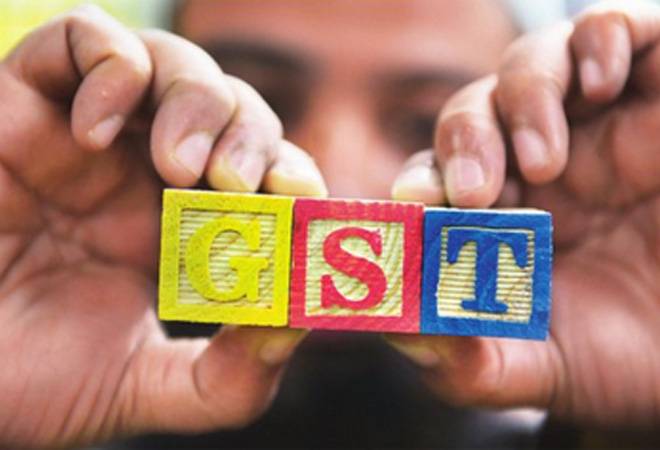NEW DELHI : The Cabinet today approved setting up of the GST Council, which will decide on the rate of tax under the new Goods and Services Tax (GST) regime, likely to kick in from April 1, 2017.
The GST Council will consist of Union Finance Minister, Minister of State in charge of Revenue Department and state finance ministers, government’s official spokesperson tweeted after the Cabinet meeting headed by Prime Minister Narendra Modi.
The Cabinet “approved setting up of GST Council and setting up its Secretariat,” an official statement said here.
The Council will hold its first meeting on September 22 and 23, it added.
It will make recommendations on important issues related to GST, including items and rates. Its secretariat costs will be borne by the central government.
GST implementation steps are ahead of schedule so far, the government said. “The steps required in the direction of implementation of GST are being taken ahead of the schedule so far.”
“The Cabinet also decided to provide for adequate funds for meeting the recurring and non-recurring expenses of the GST Council Secretariat, the entire cost for which shall be borne by the Central Government. The GST Council Secretariat shall be manned by officers taken on deputation from both the Central and State Governments,” the statement said.
While the GST Council will be created as per Article 279A of the amended Constitution, GST Council Secretariat will have its office at New Delhi.
Revenue Secretary will be the ex-officio Secretary to the GST Council, which will have Chairperson, Central Board of Excise and Customs (CBEC) as a permanent invitee (non-voting).
Also, a post of Additional Secretary to the GST Council in the GST Council Secretariat and four posts of Commissioner in the GST Council Secretariat (at the level of Joint Secretary to the Government of India) will be created.
As per Article 279A of the amended Constitution, the GST Council, which will be a joint forum of the Centre and the States, shall be headed by Union Finance Minister. While, Union Minister of State in-charge of Revenue will be its member and so will be minister in-charge of finance or taxation or any other minister nominated by each State Government.
The Council will make recommendations to the Union and the States on important issues related to GST, like the goods and services that may be subjected or exempted from GST, model GST Laws, principles that govern Place of Supply, threshold limits, GST rates including the floor rates with bands, special rates for raising additional resources during natural calamities/disasters and special provisions for certain States.
While the Centre will have one-third vote in the GST Council, states together will have a two-third say. To adopt a resolution, three-fourth majority would be required.
The Constitution (122nd Amendment) Bill, 2016, for introduction of Goods and Services tax in the country was accorded assent by the President on September 8, 2016, and the same has been notified as the Constitution (One Hundred and First Amendment) Act, 2016.
As per Article 279A (1) of the amended Constitution, the GST Council has to be constituted by the President within 60 days of the commencement of Article 279A. The notification for bringing into force Article 279A with effect from September 12, 2016 was issued on September 10, 2016.
Parliament on August 8 had passed the bill, which then went to the states for ratification. A Constitution Amendment Bill needs to be ratified by the legislative Assemblies of at least 50 per cent of the 29 states and 2 union territories.
The bill was sent to the President’s secretariat after as many as 19 states — BJP-ruled Assam being the first — ratified the bill.
The other states, which passed the legislation include Bihar, Jharkhand, Chhattisgarh, Himachal Pradesh, Gujarat, Madhya Pradesh, Delhi, Nagaland, Maharashtra, Haryana, Sikkim, Mizoram, Telangana, Goa, Odisha and Rajasthan.
The states and the Centre are working overtime and talking to stakeholders to draft the Central GST, State GST and Integrated GST laws, which are to be passed in Winter Session of Parliament.
The CGST and IGST will be drafted on the basis of the model GST law. The states will draft their respective State GST (SGST) laws with minor variation incorporating state-based exemptions. The IGST law would deal with inter-state movement of goods and services. (AGENCIES)
Trending Now
E-Paper


